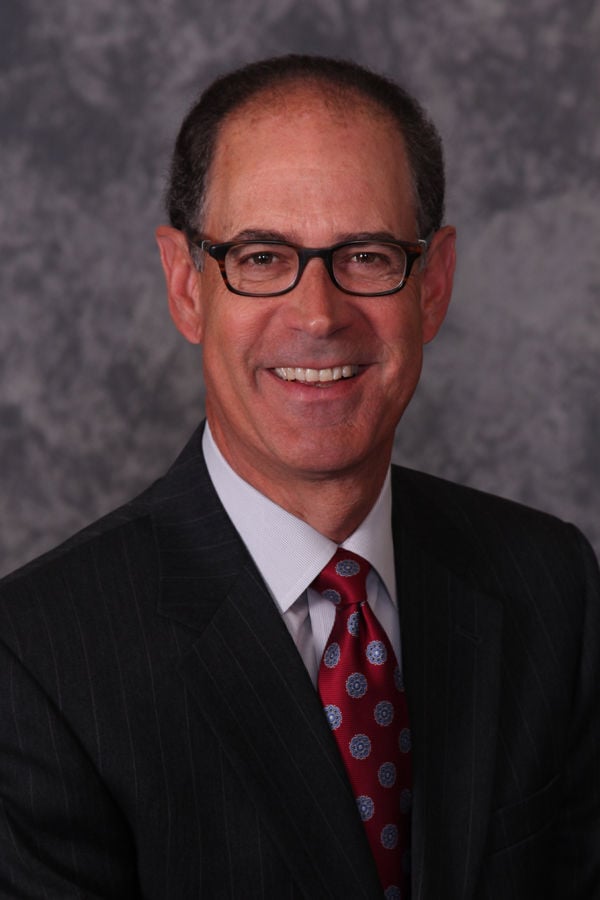I have been in the executive search business for more than 37 years. Through the years, I have learned to interview candidates using behavioral based questions to determine if a candidate is qualified as a potential fit for a search I am conducting for my clients.
In addition to interviewing candidates, we ask them to take a series of tests and assessments that are reviewed by our psychologist to gain greater insight into each person’s capacities as well as personality and emotional intelligence. This process was developed to help our clients in hiring the best fit for their opportunity.
Years ago, I was with the president of a robotic integration company who decided he needed an assessment that measured a candidate’s ability to visualize projects from a 360 perspective.
He was convinced that because they built robotic systems that replaced people on an assembly line, this was the most important criteria in the hiring process. Our psychologist said there was an excellent test but also asked the president how he knew for sure that the outcome would lead to hiring more effective engineers.
He suggested we invite the rest of the executive team together and ask them what they considered the most important criteria they observed in a candidate during the hiring process.
Well, the president was a bit shocked at what he heard because he had no idea what they had considered in the past.
• The CFO said, “I have seen the best results coming from these five schools of engineering. Anyone who has not attended one of them has never worked out.”
• The chief marketing and sales leader said, “If they delivered newspapers in the Midwest, they would have developed the discipline and perseverance to be successful. Knowing that to complete the job, they must wake up when it’s dark and below zero, it builds tremendous character.”
• The COO said, “If they grew up on a farm and had to figure out on their own how to ‘fix’ things, they make the best employees.”
With this in mind the president asked me how we would know which one or combination of these thoughts made a difference. Our psychologist told him they needed to do a study that looked at their successes and failures, perform a regression analysis and they would eventually see what truly matters. When the president heard the cost, he decided not to spend the money but wanted the new test included in the hiring process.
I once asked a billionaire what critical question he asked candidates when he interviewed them. He was excited to tell me that he would ask them to tell him a story. Most candidates would of course ask what kind of story and he said you can speak on any subject you wish.
He said he asks this question because telling stories is the way we communicate with each other every day. Good storytellers are engaging, often have excellent communication skills, can be funny, make you listen closely, tell you something about themselves, make you want to hear more and provide a window into a person’s psyche.
He also said what they talk about makes a statement about who they are. Do they choose to talk about themselves? Do they pick a person to talk about that made a significant difference in their lives? Did they come up with a relevant story that matched the position for which they were interviewing? Were they interesting and engaging or shallow and lackluster in their ability to be good storytellers?
This of course is not a scientifically proven formula for hiring. However, when you’re talking to a billionaire, you tend to think they have done some amazing things to get where they are. While I find this storytelling question very interesting and worthwhile, and my robotic president’s thoughts equally worthy, I think the lesson to be learned is this.
Hiring is not easy. You cannot rely on a single factor or question in making your best decisions. You need to use a scorecard that covers several factors to measure the relative importance of each criterion along with the probability of success a candidate would have based on the criterion.


